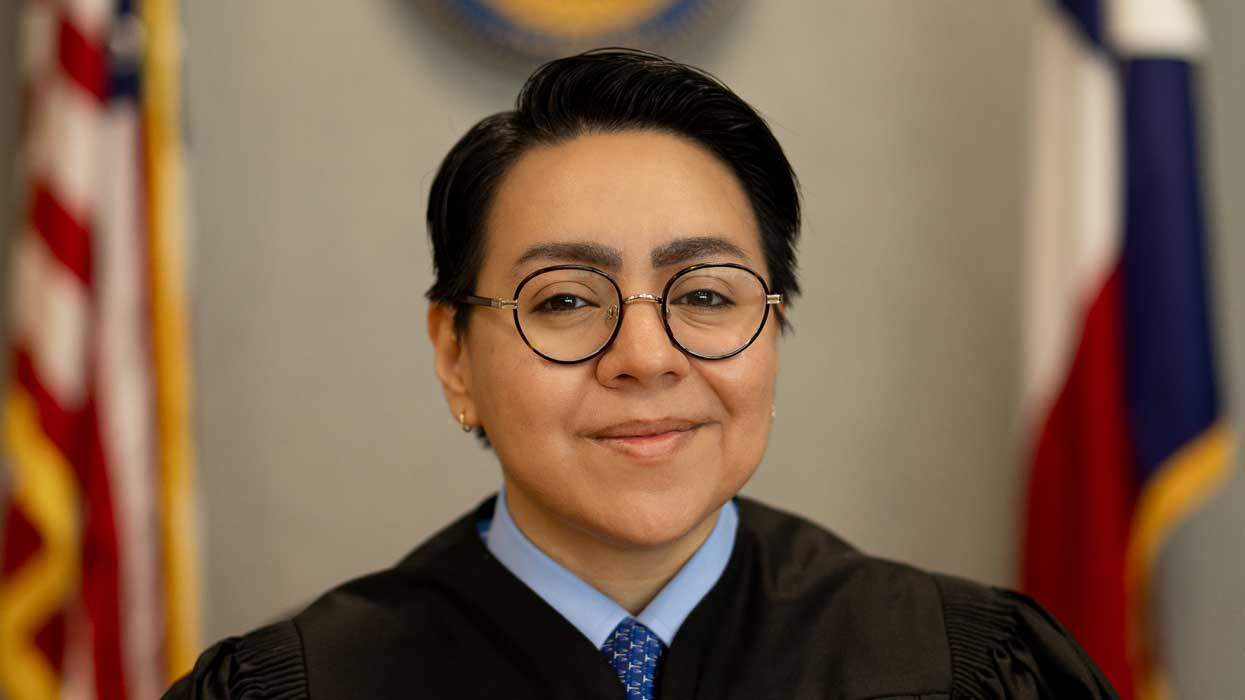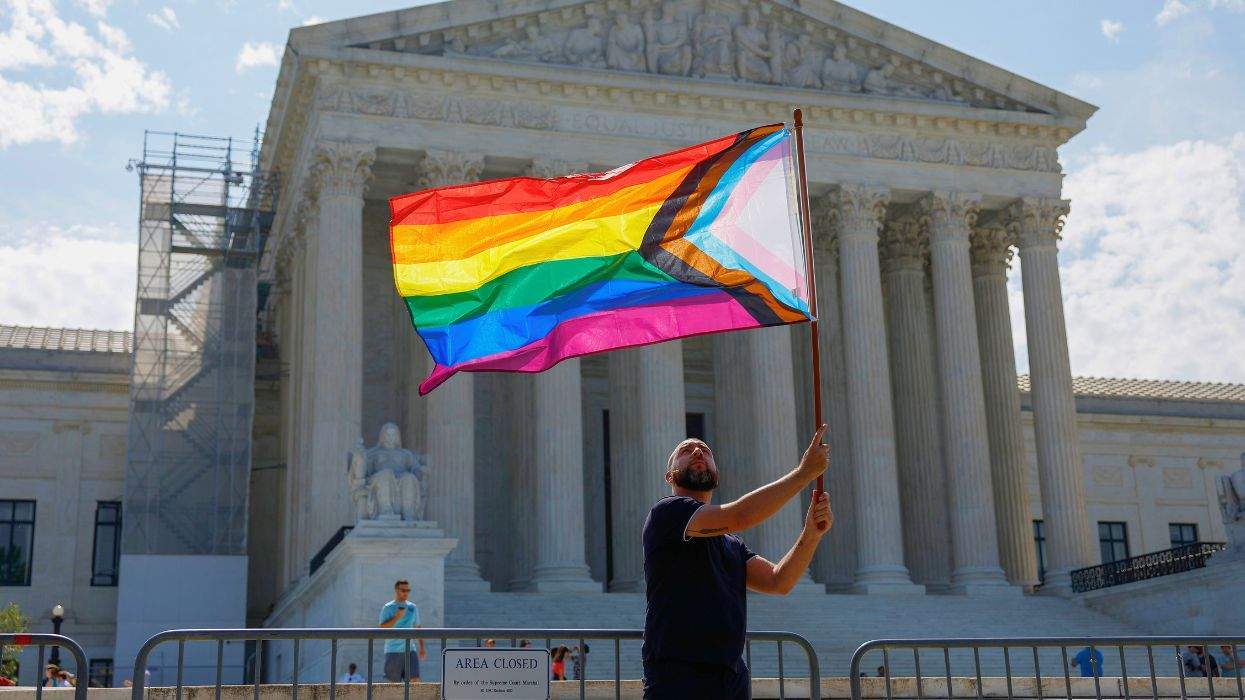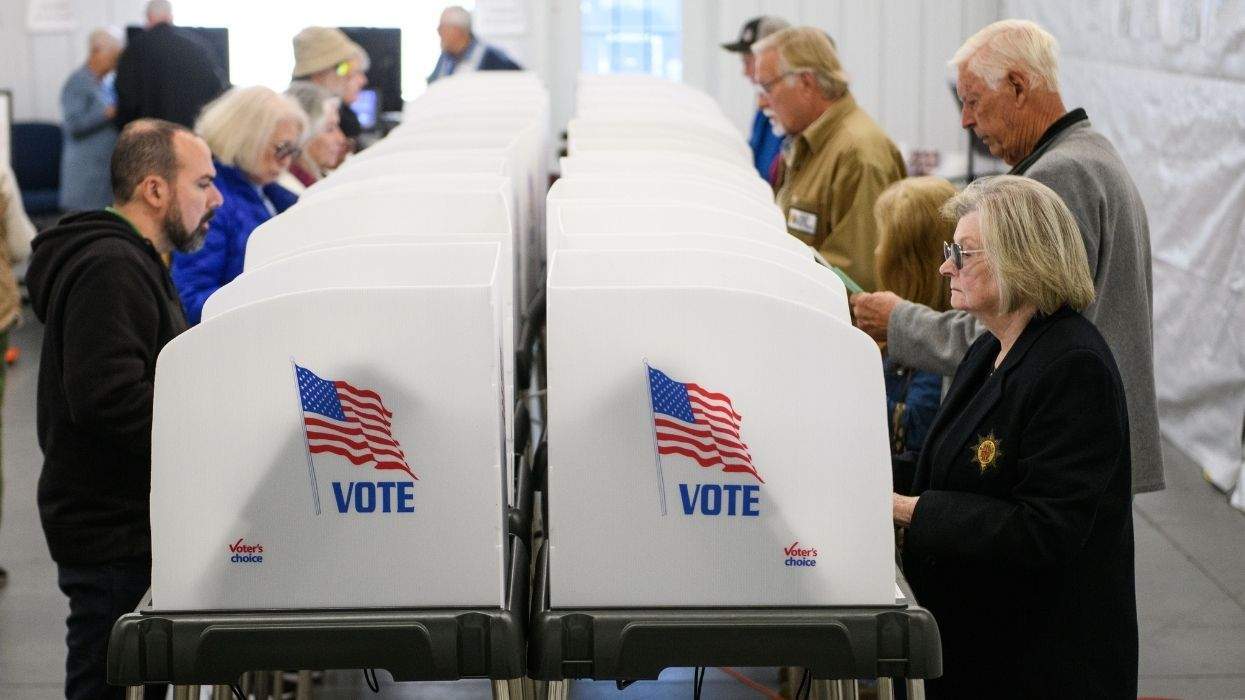While eating disorders can occur in people of all ages, races, and socioeconomic groups, there are certain groups at higher risk. A 2015 study revealed that transgender youth are more likely to develop an eating disorder than their cisgender peers.
The study from the Journal of Adolescent Health surveyed nearly 300,000 college students and found that trans youth were more likely to report an eating disorder diagnosis. They were also more likely to report vomiting or using diet pills or laxatives within the past month -- all common purging behaviors associated with bulimia and anorexia. These behaviors are also common in people diagnosed with OSFED (Other Specified Feeding or Eating Disorders), a lesser known eating disorder that is nonetheless just as damaging as bulimia, anorexia, or binge eating disorder.
There is still research that needs to be done to understand risk factors for eating disorders in the transgender community. A contributing factor could be gender dysphoria. This condition is marked by severe distress over the difference in the gender an individual was assigned at birth, and the one they currently identify as. Gender dysphoria could lead to disordered eating as a coping mechanism. Transgender individuals may also use food restrictions and purging behaviors to try to achieve the feminine or masculine ideal that they see represented in media.
Alternatively, transgender people may develop an eating disorder as a response to stigma and discrimination. Eating disorders are about control as much as they are about fear of gaining weight, or dissatisfaction with one's appearance. It could be that these individuals find themselves unable to control other people's opinions of them, and are strictly maintaining disordered eating habits as a way to gain control of at least one aspect of their lives.
Of course, people can develop eating disorders for other reasons not related to gender identity. These are complex illnesses with many potential underlying causes, including genetics, hormone fluctuations, a negative family environment, or past traumas such as abuse or bullying. However, with the increased rate at which transgender populations are affected, there seems to be a connection between gender identity and disordered eating that needs to be more fully explored.
Besides the common hurdles of cost and insurance coverage, transgender individuals also need to contend with non-inclusive treatment environments. This may be the greatest barrier to care for these individuals. Sometimes, healthcare providers may not understand the unique experiences or complexities of treating transgender individuals. This is often due to a lack of experience or education working with transgender populations.
For example, a psychiatrist may fail to use an individual's preferred pronoun, or may treat them differently because of their gender identity. Again, this may not be intentional, rather it may just be that they are unsure of how to act since they lack experience working with these patients.
The medical community needs better education and research about eating disorders in the trans community. A good start for many treatment centers is transgender cultural competency training. There are websites that offer online resources, and even some online training courses for medical professionals and staff. For example, the Center of Excellence for Transgender Health from the University of California, San Francisco provides many online training materials and various programs to educate healthcare providers.
Every interaction at a treatment center affects the individual's recovery progress. Healthcare providers must be intentional about treating Transgender people in a way that respects their human dignity. They also need to ensure that group therapy sessions remain constructive and respectful. It can be difficult to monitor patient interactions outside of therapy, but it's imperative to control group sessions.
Some treatment centers are now differentiating themselves by saying that they serve transgender populations, or are LGBTQ-friendly. The hope is that one day, we will not need to use these designations, because every treatment center will have experience working with transgender people.
JODI JASPAN is a Licensed Professional Counselor (LPC) and serves as the Director of Business Development for Seeds of Hope, an eating disorder treatment program in Pennsylvania. Seeds of Hope serves people of all genders and aims to create a safe and welcoming space for all.















